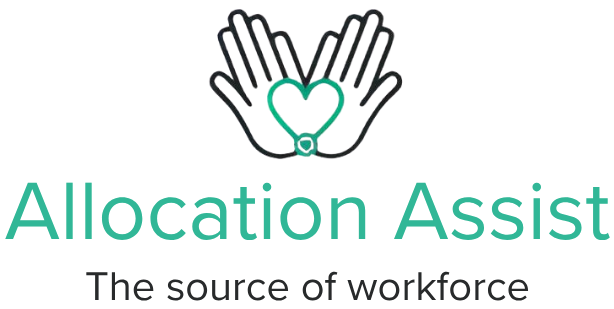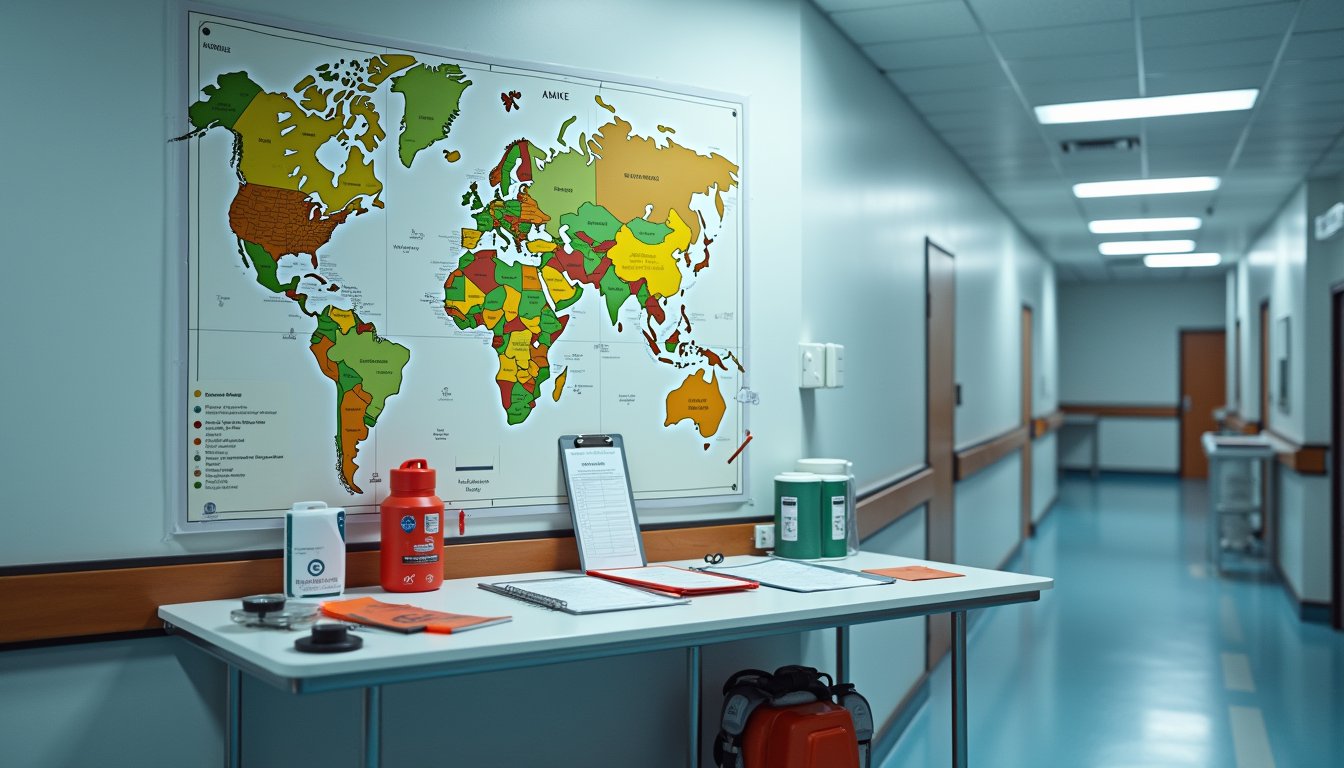As an expat in Dubai, you’ll need mandatory health insurance starting 2025, with basic plans beginning at AED 320 annually. You can choose between public facilities, offering services at AED 100-200 per consultation, or private hospitals charging AED 300-400 but with shorter wait times. Your employer must provide DHA-approved coverage before processing your residency permit, while self-employed individuals need private insurance meeting minimum standards. Understanding Dubai’s tiered insurance structure helps you navigate your healthcare options effectively.
Mandatory Health Insurance Requirements for Expats

While Dubai and Abu Dhabi have long maintained distinct health insurance mandates, the UAE’s nationwide expansion in 2025 standardizes coverage requirements for expatriates across all emirates. Under these expat healthcare regulations, you’ll need valid health insurance to obtain or renew your residency permit in any emirate. Non-compliance with these requirements can result in substantial fines and visa complications. The basic coverage is available at AED 320 yearly, making it an affordable option for employers and employees alike.
The Basic Health Insurance Scheme, launched January 2025, covers private-sector employees and domestic workers in Sharjah, Ajman, Fujairah, Ras Al Khaimah, and Umm Al Quwain. While Abu Dhabi requires employers to cover both employees and their families, Dubai mandates employee coverage only, with dependents handled separately. The nationwide program’s stance on family coverage remains under development. Currently, permits issued before 2025 are exempt until renewal, and Emirati citizens maintain coverage through separate local insurance programs. Employers should note that approximately 96% of companies already provide supplemental healthcare benefits to their workforce.
Private Vs Public Healthcare Access
When accessing Dubai’s healthcare system, you’ll find considerably shorter wait times in private facilities, where you can often schedule specialist appointments within days compared to weeks or months in public hospitals. Private treatment costs typically run 30-40% higher than public options, with routine consultations costing AED 300-400 in private clinics versus AED 100-200 in public facilities. You’ll need to weigh these cost differences against the convenience factor, as private hospitals offer faster access to specialists and advanced treatments without the bureaucratic requirements of obtaining a health card for public services. While private care comes at a premium, UAE citizens can access Dubai Health Authority services at low or no cost through the public healthcare system. Most private facilities feature English-speaking staff to better accommodate the diverse expat population in Dubai. A significant benefit of Dubai’s healthcare landscape is the availability of 24/7 pharmacies within hospital premises, ensuring continuous access to essential medications.
Private Treatment Wait Times
Dubai’s private healthcare sector demonstrates a clear advantage in treatment wait times compared to public facilities, with same-day or next-day appointments readily available across its network of 3,700+ clinics and 30+ hospitals. Digital solutions and telehealth platforms have reduced private treatment wait times by 20%, while streamlined Patient Information Management Systems minimize administrative delays. Patients can access a diverse range of specialty healthcare services that align with the government’s latest initiatives. Premium facilities offer significantly shorter waiting periods than public healthcare centers.
Key advantages of private treatment wait times include:
- Direct specialist access without referral requirements, enabling appointments within 48 hours
- Tech-driven efficiency through AI-optimized scheduling and predictive analytics during peak demand
- Digital appointment systems offering real-time scheduling and seamless care coordination across affiliated facilities
You’ll find that private facilities’ commitment to DHA compliance standards, combined with advanced infrastructure and digital integration, consistently delivers faster access to medical care compared to public sector alternatives.
Cost Differences Between Systems
The cost landscape between Dubai’s public and private healthcare systems presents distinct financial implications for expatriates. While public facilities offer lower base rates, you’ll need to purchase health cards and pay unsubsidized fees for most services. In contrast, private hospitals charge premium rates but often provide more extensive insurance coverage options. Under Dubai’s regulations, proof of insurance is now strictly required before any residence visa approval.
Your expat healthcare costs largely depend on your insurance plan. Basic employer-provided coverage may limit you to public facilities, where you’ll face higher out-of-pocket expenses. However, premium insurance plans can grant access to private networks with lower deductibles and more transparent pricing. The cost comparison reveals that public facilities are generally more affordable for routine care, but private treatment becomes more cost-effective for specialized services when backed by extensive insurance that includes negotiated rates. Employees should expect a 20% copayment for covered services, though this amount is typically capped annually. A typical consultation with a general practitioner in Dubai costs around 300 AED, making it essential to maintain adequate insurance coverage.
Cost Breakdown and Insurance Coverage Options

You’ll need to understand Dubai’s three-tiered insurance structure, where basic plans start at AED 550 annually and premium coverage can exceed AED 50,000 depending on your age and health status. Your out-of-pocket expenses will typically include copayments ranging from 10-20% for consultations and diagnostics, while specialized treatments may require additional coverage beyond standard policy limits. Cross-border benefits vary greatly by plan tier, with premium packages offering extensive GCC coverage and international emergency care, while basic plans restrict treatment to UAE-based facilities.
Insurance Tiers and Premiums
Nearly all expats in Dubai must navigate a multi-tiered health insurance system that ranges from the mandatory Essential Benefits Plan (EBP) to broad international coverage options. The insurance plan types vary considerably in scope and cost, with premium variations reflecting different levels of coverage and access to healthcare facilities. Dubai’s healthcare system serves a population that is ninety percent expatriate, requiring robust insurance frameworks to meet diverse needs. Uninsured individuals face steep penalties of up to AED 500 monthly.
- At the basic level, you’ll find the employer-funded EBP and the new AED 320 Basic Plan, covering essential services with annual out-of-pocket maximums of AED 700.
- Mid-tier private insurance plans cost between AED 1,000-5,000 annually, offering extended diagnostics and higher coverage limits.
- Extensive plans, primarily targeting high-income expats, range from AED 5,000-20,000+ annually, including international coverage and preventive care.
Government health cards through DHA and MOHAP provide additional budget-friendly options at AED 100-500 annually. For comprehensive family coverage, expats can expect to pay starting rates of AED 17,000 yearly for a family of four.
Out-of-Pocket Payment Structures
While steering through Dubai’s healthcare system, expats face a structured out-of-pocket payment framework that varies greatly based on insurance coverage and facility type.
You’ll encounter different payment flexibility options depending on your insurance tier. Without active coverage, you’re responsible for full payment at both public and private facilities. However, a health card (AED 320 for adults) enables 50% discounts at public healthcare centers. Basic insurance (AED 616 annually) covers essential services, while mid-range plans (AED 11,000) include outpatient care and basic hospitalization. For maximum protection, comprehensive plans can reach up to AED 5,500 per year.
Your out-of-pocket expenses will include copays for prescriptions and diagnostics not covered by your plan. Emergency care and private clinic visits without insurance coverage can greatly impact your finances. GP visits typically cost between AED 150 to AED 500 for those paying directly. Consider balancing health card benefits against premium costs when planning your healthcare budget.
Cross-Border Coverage Benefits
Maneuvering cross-border healthcare coverage in Dubai requires understanding the interplay between Essential Benefits Plans (EBP) and international insurance options. Your healthcare access depends on whether you opt for basic EBP coverage or enhanced cross-border insurance plans through private insurers like William Russell or Now Health.
- Basic EBP primarily covers UAE-based treatments, with international coverage requiring supplemental plans
- Global coverage plans offer access to international hospital networks but come with higher premiums
- Pre-approval requirements and waiting periods apply for overseas treatments, with 20% coinsurance capped at AED 700
The scope of your cross-border coverage will impact your ability to seek treatment internationally, making it essential to verify network partnerships and pre-authorization requirements before pursuing overseas care. Consider your mobility needs when selecting between local and international coverage options.
Finding the Right Healthcare Provider

As Dubai’s healthcare landscape continues to evolve, selecting the right provider requires careful consideration of both private and public options. You’ll find top-tier expat healthcare options at facilities like Mediclinic and American Hospital Dubai, which maintain international accreditation standards. These private institutions offer English-speaking staff and reduced wait times compared to public facilities.
| Provider Type | Key Benefits | Primary Considerations |
|---|---|---|
| Private Hospitals | Specialized Care, Short Wait Times | Insurance Network Coverage |
| Public Facilities | Lower Costs, Basic Services | Limited Access for Expats |
| Specialty Centers | Advanced Treatments, Latest Tech | Higher Out-of-pocket Costs |
Before choosing a provider, verify your insurance network coverage and check if your preferred hospital accepts your plan. The DHA’s Nabidh system allows seamless access to your medical records across affiliated facilities, enabling coordinated care regardless of your chosen provider.
Emergency Medical Services and Critical Care
When medical emergencies strike in Dubai, you’ll have access to a robust emergency response system built around the unified nationwide number 998. The system guarantees immediate critical care through multilingual operators and air ambulance services when needed. You’re assured free initial stabilization treatment at any hospital, regardless of your insurance status.
Key features of Dubai’s emergency medical services include:
- Rapid access to specialists within days, outperforming wait times in countries like the UK
- Mandatory health insurance coverage that includes emergency services, diagnostics, and prescriptions
- Streamlined communication through English-proficient medical staff and digital appointment platforms
The integration of public and private healthcare facilities ensures you’ll receive standardized emergency response protocols while maintaining access to cutting-edge medical technology and specialized treatment options.
Maternity and Family Healthcare Benefits
Beyond emergency care, Dubai’s maternity and family healthcare system offers extensive coverage through a tiered insurance structure. You’ll find maternity coverage options ranging from basic plans starting at $116/month to thorough packages at $739/month, with routine maternity care covered up to $17,500.
Your pediatric care services will include newborn coverage up to £25,000 and essential preventive care under DHA mandates. If you’re earning ≤4,000 AED monthly, you’ll qualify for the Essentials Benefits Plan (EBP), while higher earners can access upgraded plans with enhanced benefits. All plans cover normal deliveries, C-sections, and up to six weeks of postnatal care. You’ll have access to multilingual healthcare professionals and female-only clinics, though note that a 12-month waiting period may apply for maternity benefits.
Digital Health Services and Appointment Systems
Dubai’s digital health ecosystem integrates three core technologies: AI-driven diagnostics, blockchain medical records, and IoT-enabled monitoring. You’ll access these services through unified platforms that connect public and private healthcare facilities, with spending on digital health growing at 8.5% annually.
Dubai’s health tech revolution combines AI diagnostics, blockchain records and IoT monitoring, creating an integrated ecosystem backed by rising digital investment.
When managing your healthcare in Dubai, you’ll benefit from:
- Instant appointment scheduling through multilingual booking platforms that automatically verify your insurance coverage
- Real-time notifications via SMS/email for appointment confirmations, with AI-optimized queue management reducing wait times
- Secure access to your medical records across facilities through blockchain technology, allowing you to control data sharing permissions
These digital health services align with DHA standards and MOHAP licensing requirements, ensuring your healthcare data remains protected while providing seamless access to both local and international medical expertise through telemedicine options.
Insurance Compliance and Legal Implications
As the UAE unifies its healthcare requirements in 2025, you’ll need to comply with a thorough insurance framework that mandates coverage for all residents across emirates. Your residency visa now depends on maintaining valid health insurance, with non-compliance resulting in immediate insurance penalties, including visa rejection and restricted medical access.
If you’re employed, your company must secure DHA-approved coverage before processing your residency permit. Self-employed individuals and dependents must obtain private insurance meeting minimum coverage standards. The compliance challenges intensify for families, as plans must include maternity and pediatric services. Pre-existing conditions require special consideration, often involving waiting periods and prior diagnosis documentation. You’ll face blocked access to DHA-regulated facilities without valid insurance, making continuous coverage essential for your legal status and healthcare access.
Frequently Asked Questions
How Long Does Medical Record Transfer Take Between International and Dubai Hospitals?
You’ll find that medical record transfer times between international and Dubai hospitals aren’t standardized or publicly documented. The transfer process depends on various factors, including your source country, the hospitals involved, and document authentication requirements. It’s best to contact your current healthcare provider and the receiving Dubai hospital directly for specific timelines. You should start the process early and prepare for potential delays due to administrative procedures.
Can Expats Choose Alternative Medicine Treatments Under Basic Insurance Plans?
Under basic insurance plans, you’ll find significant limitations for alternative therapy options in Dubai. Your standard coverage doesn’t include treatments like acupuncture, homeopathy, or other non-conventional therapies as they fall outside DHA’s minimum coverage requirements. To access alternative medicine, you’ll need to either pay out-of-pocket or upgrade to a supreme supplemental private insurance plan that specifically includes these treatments. Most expat insurance limitations restrict coverage to essential medical services only.
What Happens to Ongoing Treatments When Changing Employers in Dubai?
When you change employers, your ongoing treatments may face disruption as your medical insurance coverage shifts. Your previous employer’s insurance typically ends immediately upon termination. You’ll need to verify if your new employer’s plan covers pre-existing conditions and ongoing treatments. While employers are obligated to provide basic insurance, coverage levels may differ. It’s essential to coordinate with both insurers and healthcare providers to maintain treatment continuity during the shift.
Are Mental Health Services Covered Under Mandatory Insurance Requirements?
Your mandatory insurance policy doesn’t explicitly include mental health coverage under the basic package. While emergency mental health services are covered, ongoing treatments like therapy and counseling typically require supplemental coverage. You’ll find that 96% of employers offer additional benefits beyond the base plan, which may include mental health services. Check your specific policy details, as coverage varies among insurers and employer-provided plans.
Do Dubai Hospitals Accept International Vaccination Records for School Enrollment?
While Dubai hospitals generally accept international vaccination records, you’ll need to have them verified through a DHA-approved healthcare facility for school admission. You’ll typically submit these records to private hospitals that partner with schools for vaccination verification. Keep in mind that if any vaccinations don’t meet UAE standards, you may need to get additional shots or boosters before your child’s enrollment can be completed.









